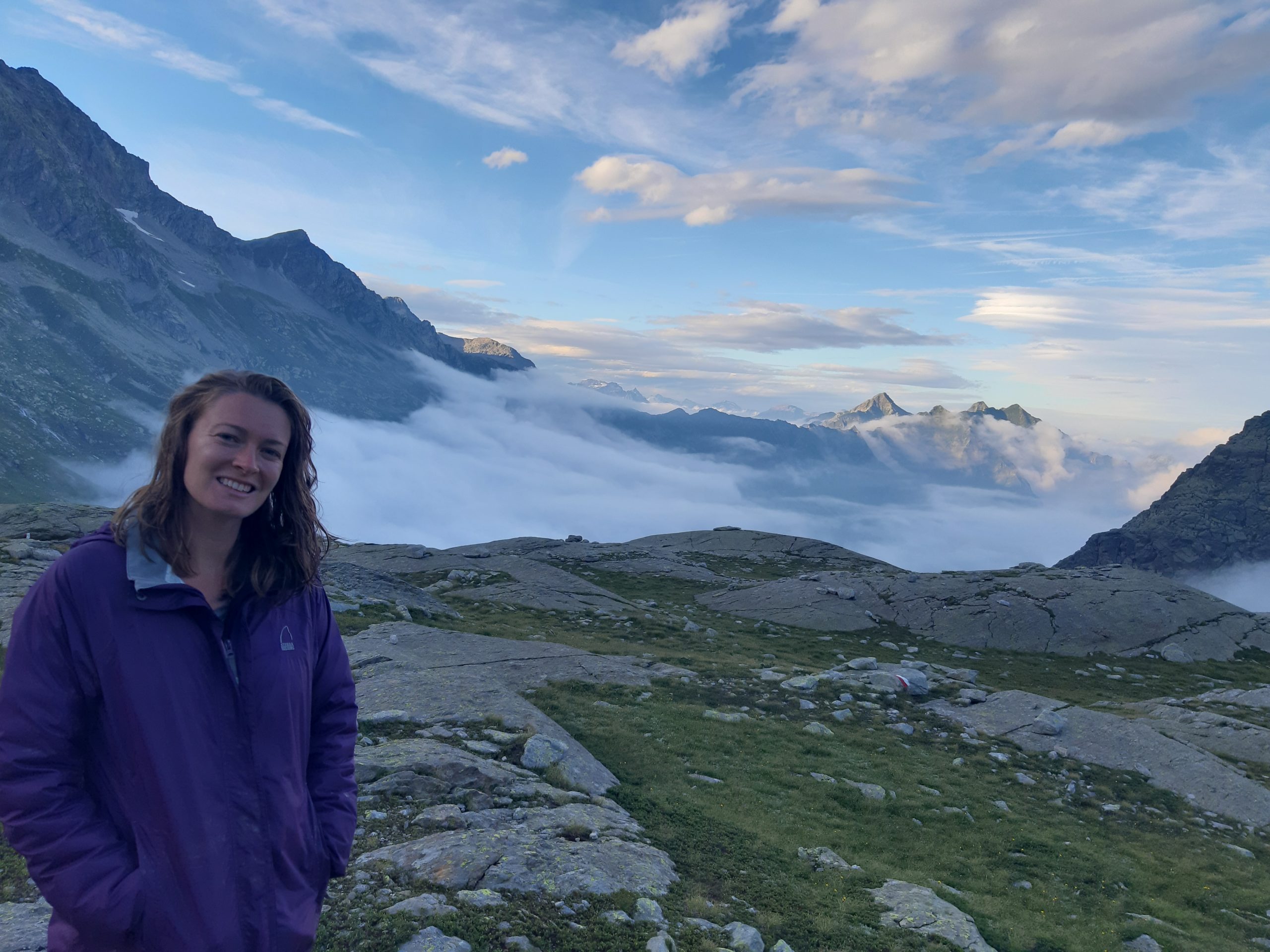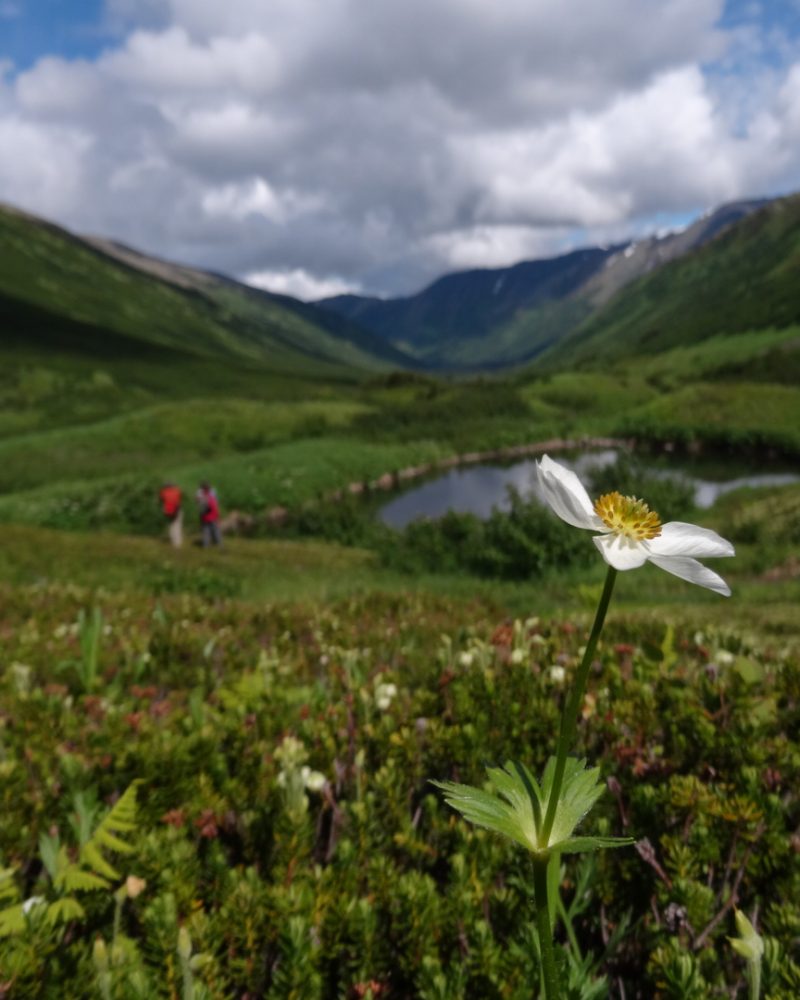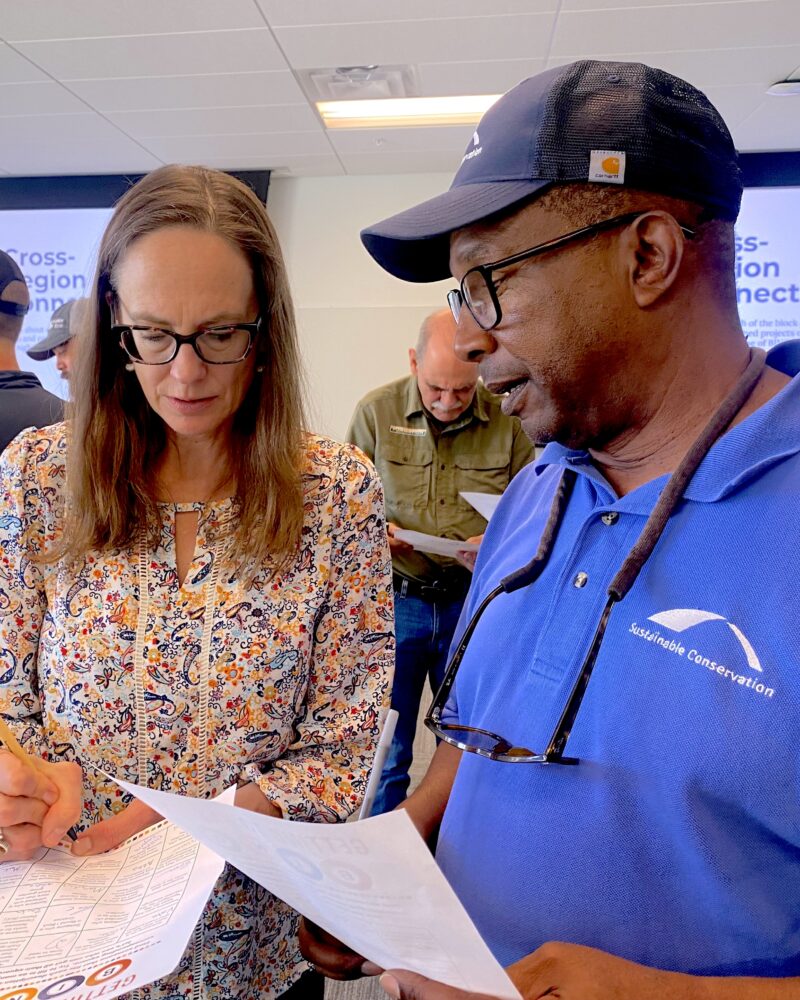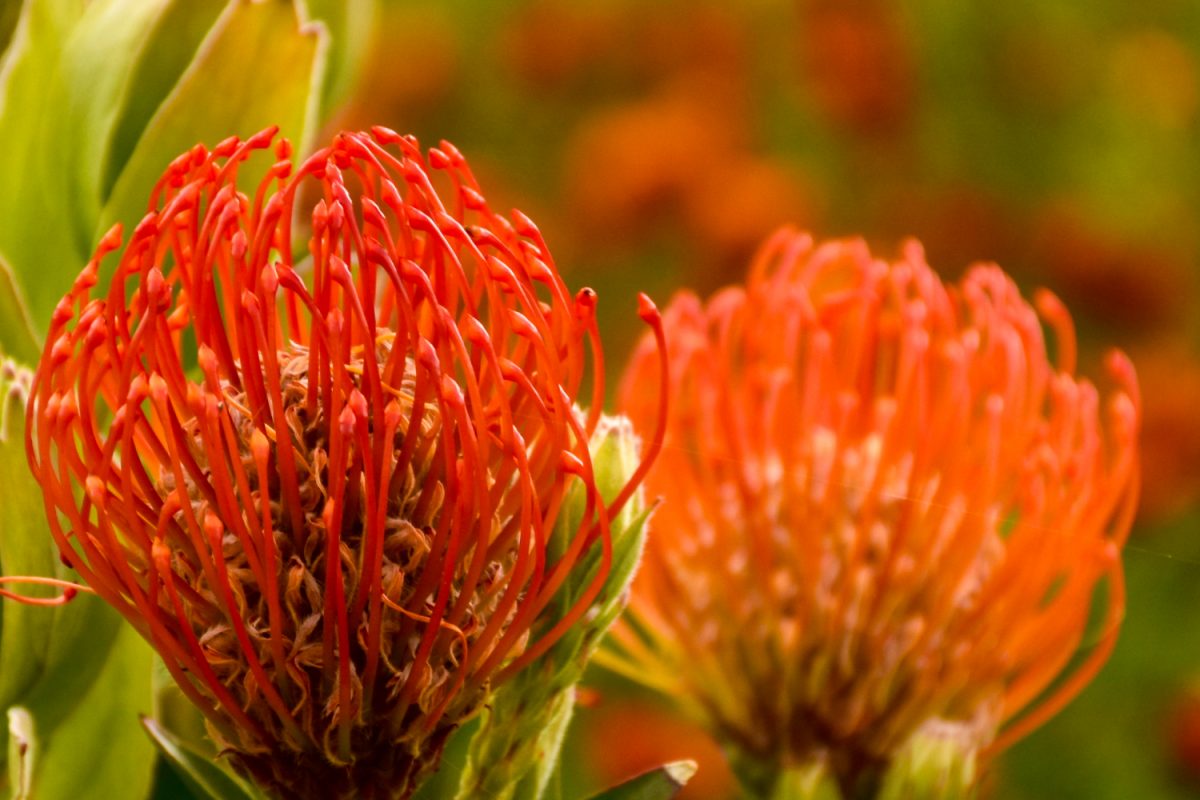We sat down for five minutes with Shannon Johnson who serves as a Global Partnerships Specialist on the USAID-funded Technical, Operational, and Program Support (TOPS) institutional support contract. Here she tells us about her work supporting USAID’s Climate Strategy, her passion for inclusive development, and the origin of “Stewsdays.”
How would you describe your role at EI?
As an embedded Specialist with USAID’s Climate and Cross-Sectoral Strategy (CCS) Office, I support the CCS team with external engagements and policy and implementing USAID’s Climate Strategy. For the first few months of my placement, I focused on preparing the Agency to participate in the United Nations Climate Change Conference of the Parties (COP27). This involved documenting USAID’s progress since launching the Climate Strategy at COP26 in 2021, leading working groups on just transition and inclusive development for COP27, and preparing the delegation for various global engagements. I’ve also worked with the CCS team to elevate inclusive development and think through opportunities to continue embedding those concepts in implementation of the Climate Strategy.
What drew you to your current role?
I previously conducted research on just transition to a low carbon economy and Reducing Emissions for Deforestation and Forest Degradation (REDD+). That led me to the realization that issues such as land tenure are pivotal for equitable climate action, and I worked in that space with communities and civil society for a few years. I really wanted to broaden my knowledge by diving back into the climate sector, bringing what I learned about social movements and justice. I was impressed with USAID’s Climate Strategy. It is very progressive and has a lot of dimensions, focusing on populations that have been underserved as well as ambitious climate targets. My current role as a partnerships specialist is much more about relationship building than my work in program management and I like being able to influence policy in a collaborative way. I’ve loved the opportunity to be creative and form strong relationships across sectors.
What was your dream job growing up?
When I was growing up, I thought I would be a farmer or a WNBA player because in the summers I would hang out at my grandparents’ farm in Oklahoma, and I played basketball in school. Unsurprisingly, neither of those panned out past elementary school.
What is your favorite part about your role as a TOPS Specialist?
My favorite part has been working with the Inclusive Development Team to prepare COP27. It really came down to coalition building inside USAID to connect people from different sectors – gender, youth, persons with disabilities, etc. – to collectively brainstorm how we can influence this big international policy process. Those initial conversations helped connect people and we formed a group that continues to meet to talk about how to integrate inclusive development into Climate Strategy implementation and partnerships. It’s a really exciting and innovative group and I’ve loved being a part of it.
What trends do you see emerging in the climate sector?
Localization is an important trend, and it goes hand in hand with inclusive development. Meeting both of those goals simultaneously will be important, and I think the emphasis on localization will bolster inclusive development. USAID has been clear that localization is a priority and also that it’s a discursive policy that we need to figure out how to put in practice. I’m also inspired by the emphasis on just transition. There is still a lot of debate about what just transition actually means and I think that will be an interesting and valuable conversation to follow in the coming years. The trick will be meeting ambitious climate goals at scale while also ensuring inclusive processes and transformative change. It is not an easy task!
What are your favorite things to do outside of work?
I really like rock climbing and also enjoy swing dancing. I started swing dancing on a whim in college. There was a free class at a nearby university and my friends and I would go once a week. I was horrible at first. I would fall when someone would spin me, but it became a weekly routine. It’s been a fun hobby, because I’ve been able to find a class most places I’ve lived here in the US and in Geneva. I’m also a regular at a climbing gym here in DC and I’ve been able to climb with friends in Pennsylvania and out west in Washington state.
What is one food you can’t live without?
After living in West Africa, I would be incredibly sad if I couldn’t eat jollof rice, which I make somewhat often. I also make a lot of stew, especially now that it’s wintertime. My friends and I will have “Stewsdays” on Tuesdays and make random types of stew from all over the world.
What is your biggest achievement to date?
I’m proud of and really value the relationships I made while in the Peace Corps in Benin. I’ve been able to stay in touch with a lot of the people who were in my community. Those relationships are very meaningful to me and hopefully are equally meaningful for them.
Any final words of wisdom?
One of my favorite quotes by the author Augusten Burroughs, “I myself am made entirely of flaws, stitched together with good intentions.” I love it for both personal reflection and in the context of my work. International development and the climate sector have good intentions, but how do we also recognize and grapple with the flaws? It’s a ”calling in” to work with a multitude of institutions and people to match good intentions with action. Sometimes that may involve uncomfortable conversations and unconventional ways of problem-solving, but they are necessary. I think the action and intention combined are a powerful way to change systems and cultures.
Thanks for chatting with us, Shannon! Stay tuned for more team spotlights coming soon.



